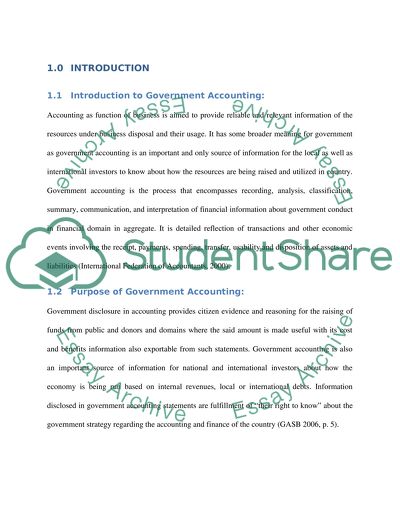Cite this document
(“Importance of Financial Accounting of Government Affairs in World and Research Paper”, n.d.)
Retrieved from https://studentshare.org/finance-accounting/1401420-phd-proposal-paper-improving-government-accounting
Retrieved from https://studentshare.org/finance-accounting/1401420-phd-proposal-paper-improving-government-accounting
(Importance of Financial Accounting of Government Affairs in World and Research Paper)
https://studentshare.org/finance-accounting/1401420-phd-proposal-paper-improving-government-accounting.
https://studentshare.org/finance-accounting/1401420-phd-proposal-paper-improving-government-accounting.
“Importance of Financial Accounting of Government Affairs in World and Research Paper”, n.d. https://studentshare.org/finance-accounting/1401420-phd-proposal-paper-improving-government-accounting.


